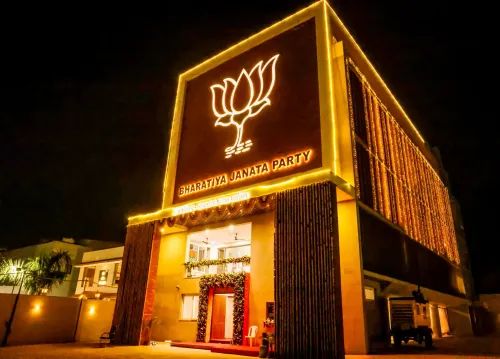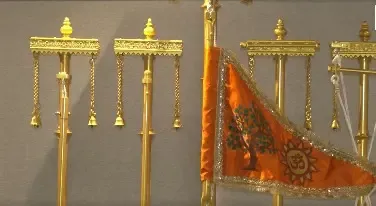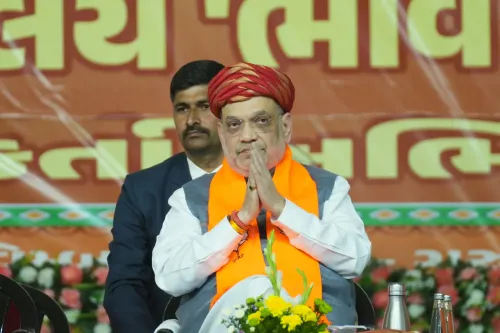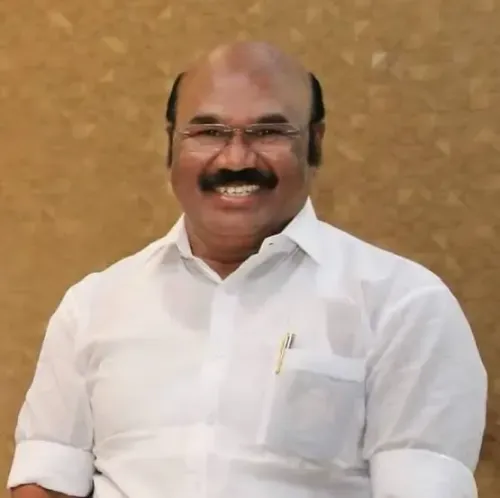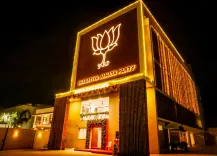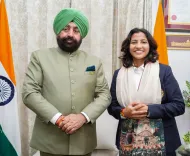Why Did Akhilesh Yadav Criticize the BJP Over Tomb Vandalism in UP?
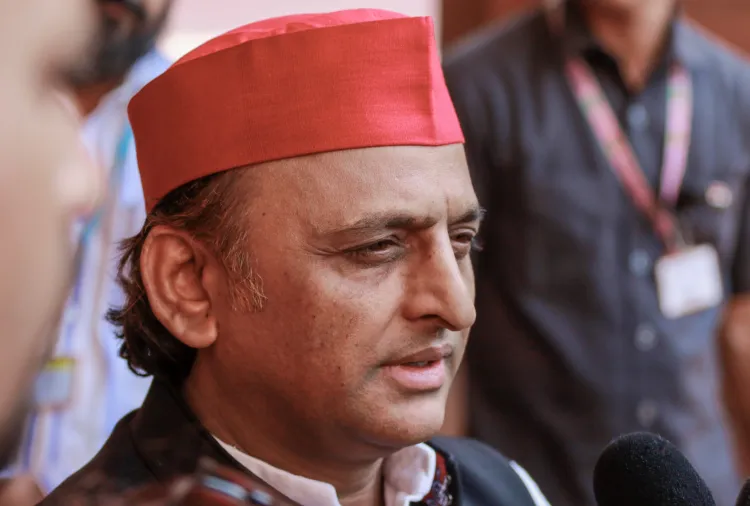
Synopsis
Key Takeaways
- Akhilesh Yadav condemns BJP's divisive tactics.
- Historical tomb vandalism raises communal tensions.
- Police enhance security to prevent escalation.
- Political responses reflect ongoing societal fractures.
- Importance of lawful conduct amidst communal conflicts.
New Delhi, Aug 11 (NationPress) The leader of the Samajwadi Party, Akhilesh Yadav, has strongly condemned the BJP following escalating tensions in Fatehpur, Uttar Pradesh, where groups identifying as Hindu reportedly vandalised a historical tomb, asserting it was initially a temple.
In his remarks, Yadav claimed that the BJP is engaging in divisive politics, stating, “The BJP can only thrive politically in a society that is fragmented and filled with animosity. This ideology is a remnant of British colonialism.”
The incident occurred at the ancient tomb of Nawab Abu Samad. On Monday, a faction of Hindu activists protested outside the site, contending that it was raised after the destruction of a Hindu temple. They allegedly requested the district administration's consent to perform prayers there.
Video footage shared on social media depicted members of Hindu organisations damaging parts of the mausoleum and raising saffron flags on it. These images have incited outrage among the local Muslim community and political adversaries.
In response to the unrest, police have implemented stringent security measures around the site to avert further conflict. Authorities are reportedly investigating the situation, although tensions remain elevated.
Yadav reminded that Fatehpur has a history of similar communal clashes, recalling a previous incident where a mosque was demolished for being deemed “illegal” due to a lack of approved construction plans.
He further noted an earlier event where a young man lost his life, with action taken only after significant public and political outcry.
Minister Kapil Dev stated that the Uttar Pradesh administration is performing its duties and stressed that no individual will be allowed to take the law into their own hands.
Minister Nand Kishor Gurjar commented on the developments surrounding the site, asserting that there was no original tomb there. He claimed that these structures emerged post-17th century, linked to the historical oppression of Hindus and the demolition of temples.
He admitted that the recent vandalism was a response to that historical context, stating, “Such actions should ideally be conducted through appropriate administrative channels. While those involved are not ill-intentioned, the act should have adhered to legal frameworks.”

